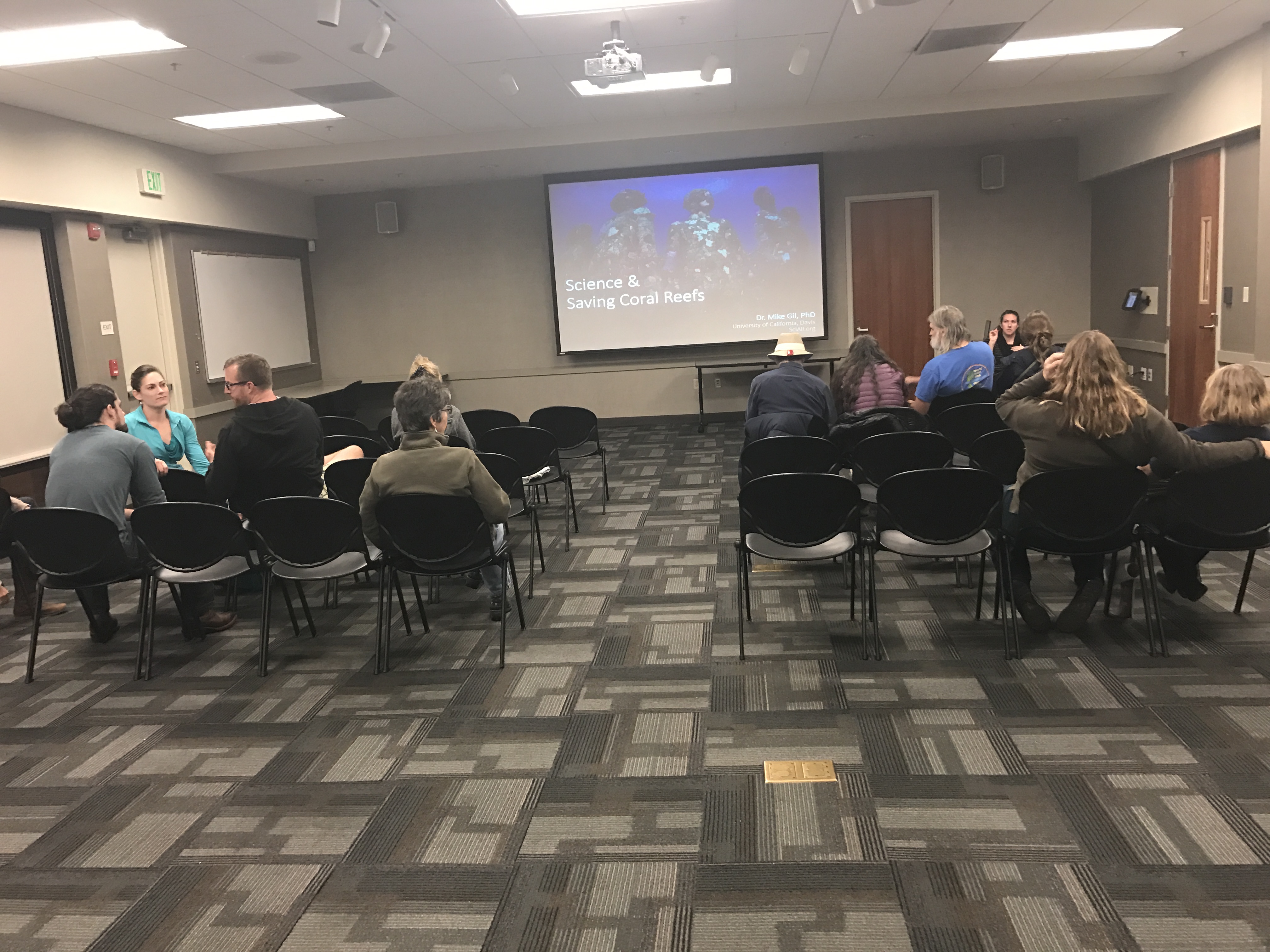Listening to music impairs academic performance, research says

By Emily Kim,
HUB Correspondent–Davis students claim listening to music helps them stay focused when studying. Is this claim true? Researchers say no.
According to “The Mozart Effect”, described in a book by Don Campbell, students score on average 90% on spatial reasoning tasks when in silence, 83% when listening to classical music and 72% when listening to music with lyrics.
Stanford professor Clifford Nass says “the brain listens to song lyrics with the same part that does word processing, the same part that is supposedly used for studying.” As a result, listening to music with lyrics interferes with studying.
Some students agree that listening to music with lyrics can be distracting. “I start listening to the song instead of doing my homework. It really distracts me,” sophomore Therese Mecano said.
Others, like sophomore Jacob Fields, disagree. Fields, who says he has attention deficit disorder, claims listening to music keeps him away from distractions.
“It helps me concentrate and block out the outside world,” Fields said
“I usually listen to music when I’m really bored while doing my homework. I usually start singing and sometimes even dancing,” sophomore Zabdielle Dahili said.
Researchers insist that, in most cases, music impairs academic performance.
“In general, using multiple media while doing academics affects you both in the short run – you’re slower and learn less, and in the long run – even when you want to focus, you can’t,” Nass said.
According to a University of Pheonix study, women tend to be more distracted by music than men, although it affects both.
Researchers agree it is best to study in a quiet, music-free environment. When you finish cramming those history dates into your mind, then it’s time to rock and roll.




